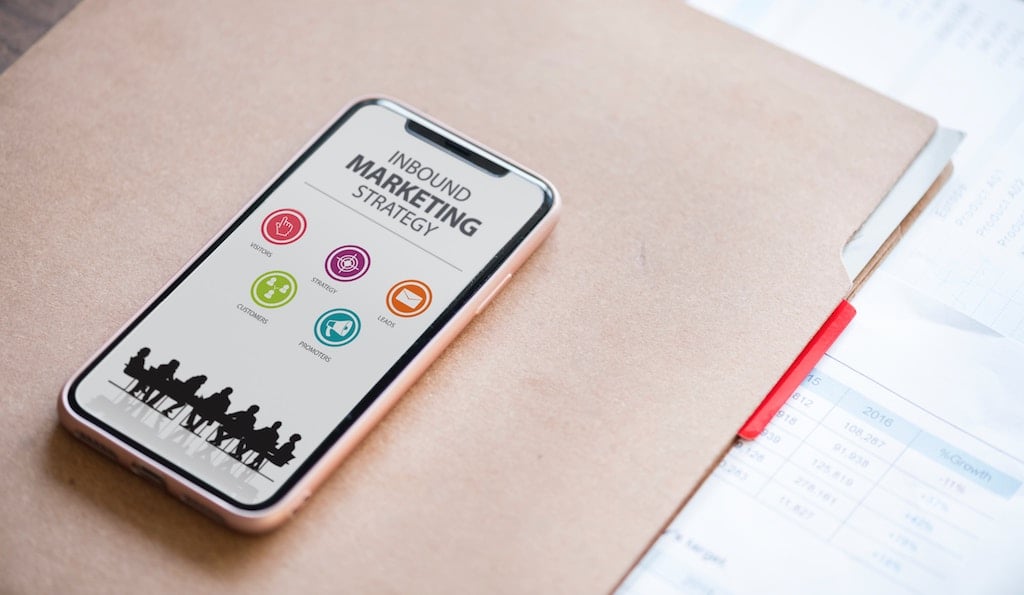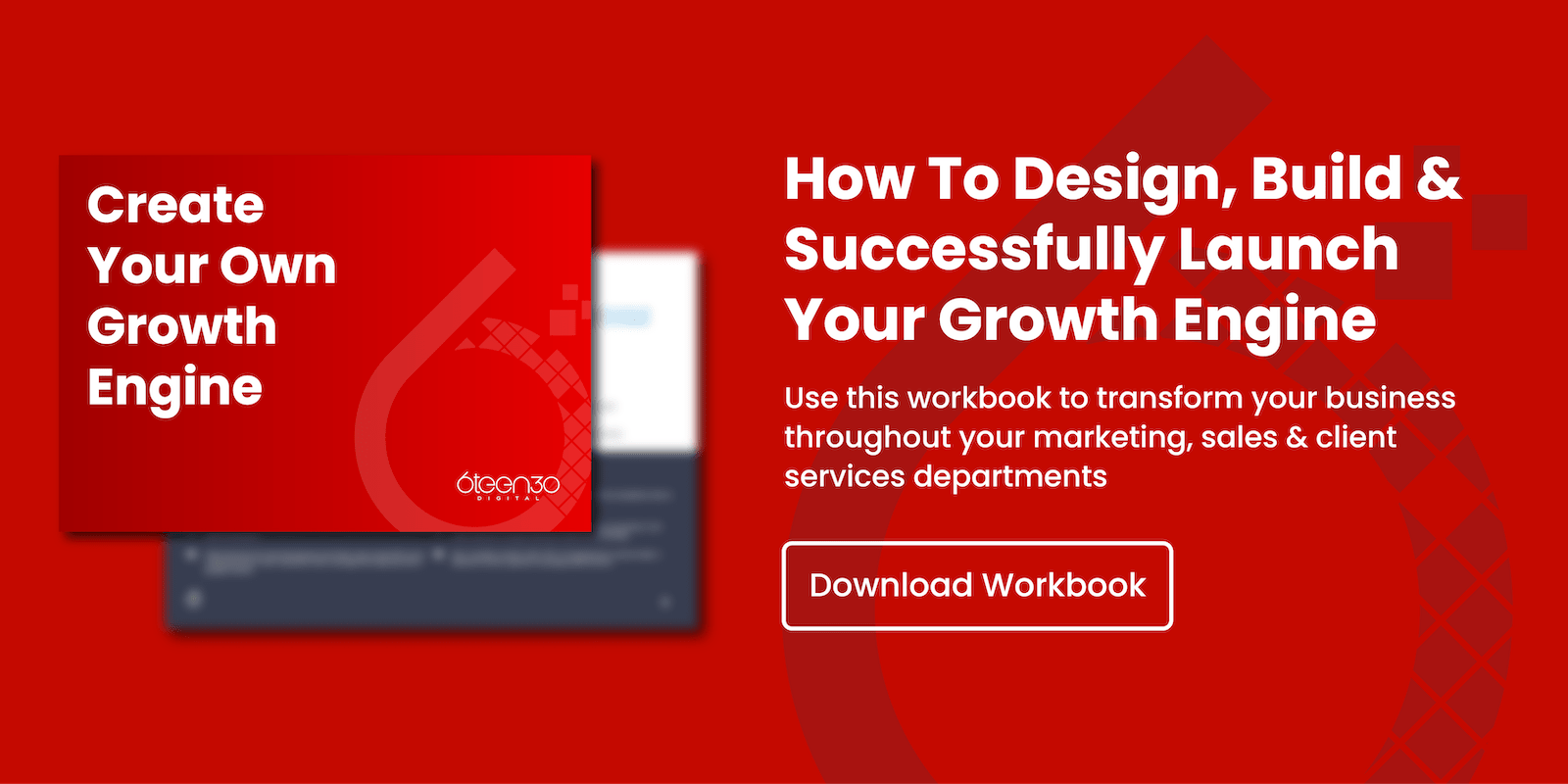What Is The Messaging For Your Company?
In a world full of noise, how are you standing out? What is the message for your company.
What I mean by 'messaging' is, what do you stand for, what's your story? Here at 6teen30 Digital and my own consultancy, we've got two sides to our business model.
Our HubSpot Growth Agency and our NXD Strategy and Speaking Business. One of the biggest issues that I see, when we work with clients in strategic sessions, is getting the understanding from the client, about how important it is that your story, your message, what you stand for is absolutely right.
Remember a confused mind never buys.
Brand Story
There is a great tool out there, that we use, and it's a product called Story Brand, I'll give them a shout out there. What it does, it really distils, a combination of your companies story, how you manage your customers, that your customers have with advertise problems.
How you position yourself to get the sale really, and how you position it so your potential customer, can see a structured process to go through, to achieve success, because ultimately, why would the be dealing with you if they don't want to achieve a better position than they currently are?
If they can do what they do, without you, they don't need you. It's clear, obvious stuff, I apologise. So I just want to talk you through this process, and I'm going to give credit to Don Miller and his team there at Brand Story.
It's something that we use a little bit. We wrap all our own unique stuff around it as well, but some of these things we sort of translate, and that is really understanding, first and foremost, that your customer is the hero in this journey.
The 3 Stages
- Firstly, Your customer is the hero, you're not the hero. You're not the saviour who's going to save them and fix their problem. You've got to make sure that the control, the respect, and the hero status stays with the customer.
- Secondly, you hear me talk a lot about avatars, and what's the biggest challenge, your pain point, or dream or aspiration. Then you need to get that understood as a second bucket really, and then they'll really understand that.
- Thirdly, you've got to position yourself as the guide.
Now there's a couple of decisions around that, where you do it or your brand does it, whether the emphasis will be on me, and the face of the successor. Or you get an actor to do that if you've got a budget for that type of stuff, or you just use the brand, your branding, your logo and your brand to do that. You're going to be the guide, that's the key thing, to help this person to create a plan.
Now that plan is understanding what the problems, and challenges and pain points, and what your dreams and aspirations are, and then putting a solution in to fill that gap. As the guide, you're going to use that plan to address these problems, to move them to a point of success. Out of the success bucket, it really sorts of comes, the next two, which is success or failure.
So why'd you look lost and ask a lot of questions? If it's a success bucket, why is there a failure in there? Because it's the way that you look at failure, and I'll come back to that in a moment.
The key thing is, you can demonstrate to them, that this journey, this is you as a character, these are your problems, we're the guide who's going to help you become the hero. We're going to set out a plan for you, that's going to move you through this process, and we're going to try and hit this level of result. The successes that you can achieve, by hitting this result, are listed as X, Y and Z, so you highlight that.
The way the failure comes in is literally if you don't do this, what are you missing out on? So that becomes the failure. It's the consequences of not achieving those successes. It's the consequences of not achieving those results, that actually end up in the failure bucket.
Do It Right To Get To The Top Of Success
So we don't say here's the guide, and we're going to get you a result of the failure, don't misunderstand me, we're just trying to show them, do this right, this is a good chance, of what we're going to get at the top, be the success.
If you don't do it, and you carry on paddling and messing about, listening to the wrong people, and things like that, and not taking action, and being decisive, you're going to ultimately, this is what you're going to be missing out on.
That's the failure, that's a seven-step process, that we give credit to the people from Brand Story. Something that we use inside the success of all our strategic programmes.
So think about what your story is.
- What do you stand for, what is your journey?
- How do you take your customers through the process?
- Is it clear, how do you get your message clear?
- If I looked on your website now, what is your message?
- Are you absolutely, totally focused, on what you want me to do?
Is your message so clear, I just get it? Are you focusing on one big thing? If you'd like to find out more at strategic services, click the link below, you can book a consultation, with myself or one of my team. We'll take you through what you're trying to achieve. It's a 30-minute non-obligation call.

Work On Your Brand
Find out what that gap is for you, and if you'd like to come into 6teen30 Digital, and start working on your brand and your messaging. To get really clear, to really maximise your return on investment, so you can take your customers through this process, you've got a couple of options.
You can either do that with us, and all the strategic services and marketing solutions that we have, and digital solutions. Or you can head over to brandstory.com, and check out Don Miller's company. You can buy that product from them direct, and manage it on a DIY basis.
I hope that's been helpful to understand your brand messaging and your brand story, and getting clear about how you can serve your customers and not confuse them. A couple of things I want to leave with you before I wrap up is always to remember that a confused mind never buys.
And secondly, people are drawn to clarity, not necessarily the best solution. If people can understand something quickly, they're more likely to buy it. So a confused mind never buys, and if a customer can understand something clearly and concisely, and quickly, then they're more likely to buy that, or maybe even a better product that's harder to understand.









%20-%20Teal.png?width=500&height=130&name=Force%20%26%20Friction%20-%20Branding%20-%20Logo%20(White)%20-%20Teal.png)